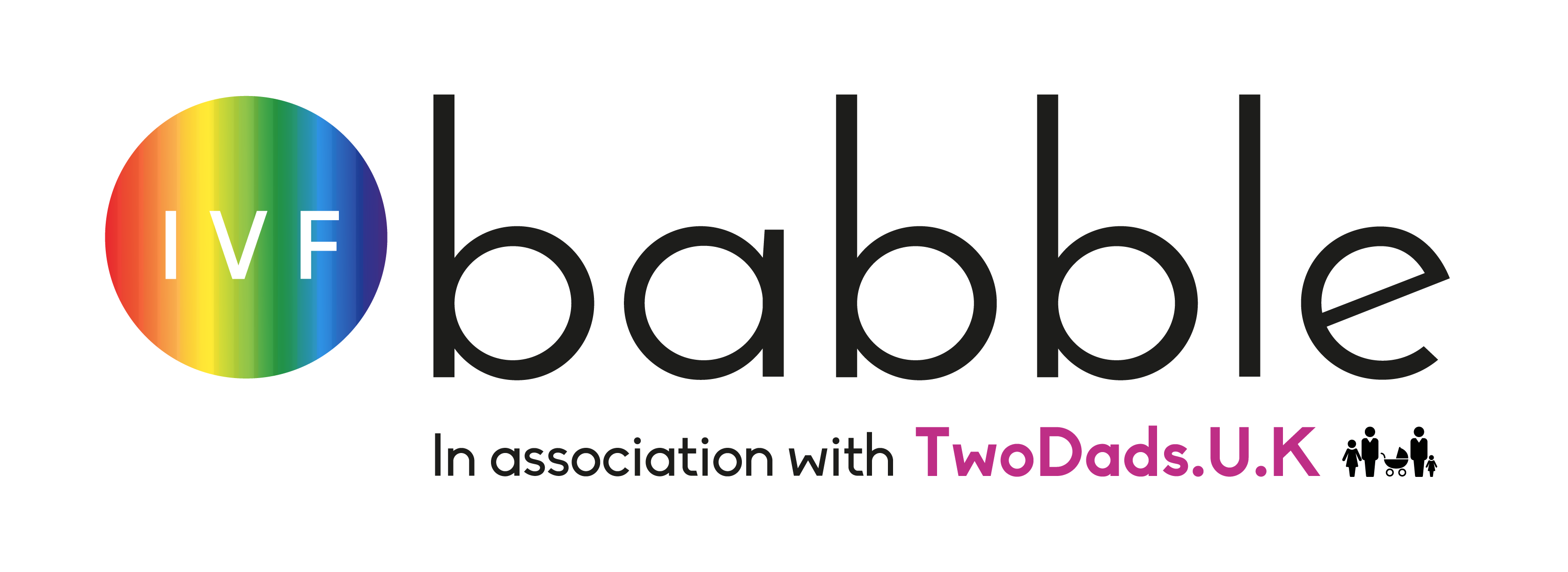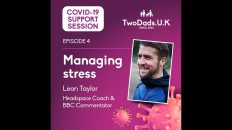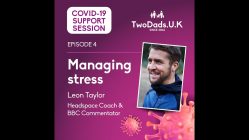When patients with fertility problems attend an appointment with a gynaecologist specialising in reproductive medicine, certainly within IVF Spain they are advised to adopt healthy habits that can help improve the results of the fertility treatment they are about to start.
Although age is one of the factors with the highest impact on fertility, there are genetic issues that play an important role when forming a family. In these cases, fertility treatments can offer a satisfactory solution, whereas if the problem lies with unhealthy habits, the patient will need to modify their lifestyle to boost the chances of success.
We are what we eat
Diet influences conception and so, if you are trying to conceive, it is important that you have a balanced diet. It is advised that it is rich in nutrients and low in fats, as scientific studies have proved that women who are overweight tend to have a lower egg quality, and even embryo implantation may be affected.
Let us not forget that fruit and vegetables contain natural antioxidants that protect cells from harmful radicals and prevent cell damage. Specialists recommend to ingest high amounts and a wide variety of these foods because they protect against a type of molecular damage.
It is also advisable to consume Omega 3 which is a healthy fat present in blue fish and walnuts. It aids fertility because it is key in keeping the body’s hormonal and immune balance, and the ovaries’ health.
Breathe in, breathe out…
The benefits that exercise can offer the body are unquestionable, from the physical and physiological to the psychological aspect. However, we must not forget that both a lack of or excess physical activity can cause an hormonal imbalance that will affect fertility.
A sedentary lifestyle and being overweight are enemies for reproductive health. Exercise helps fight off the excess weight, improves blood flow, helps relax the body and the mind by making us produce endorphins, also know as the hormone of happiness, as well as keeping us active and regulate our sleep.
It is important to choose the right type of exercise to reduce our stress levels. High competitive sports increase stress, whereas sport activities like swimming, walking, yoga or cycling help decrease stress levels, which may be interfering with ovulation.
Make up with the scales
As we have already mentioned in this article, being overweight is harmful for fertility. It can affect the reproductive health of both men and women, as well as cause pregnancy complications.
At IVF Spain we recommend patients with a high body weight should regulate their diet before starting fertility treatment. It’s important to avoid excess weight becoming an obstacle to a successful pregnancy. Our advice is given to avoid any problems that may arise during the pregnancy and delivery such as gestational diabetes and an increase in the risk of thrombosis among other complications.
Alcohol and smoking: a bad combination
Alcohol consumption is a social habit and is present at social occasions and celebrations, however we must be aware that there are studies that relate alcohol consumption with fertility issues in both men and women.
Data indicates that for women who consume more than three alcoholic beverages in a day can cause hormonal imbalances that cause issues with ovulation, and therefore prevent achieving a pregnancy. In men it alters testosterone production, which causes a decrease in the production of sperm cells.
With smoking, it is a social habit that damages our body’s DNA. Within our DNA are the egg and sperm cells. Women are born with a certain amount of eggs and smoking helps to increase their deterioration which, if delaying motherhood, can be a fatal combination when trying to conceive.
Through our experience as a fertility centre, we have come to know that when a patient smokes and/or drinks alcohol, the success of the treatment is potentially compromised.
Visit your gynaecologist
Something that is incredibly important is to find out if your reproductive system is working properly and we advise women to visit a gynaecologist at least once a year.
We strongly suggest that if, after a continuous period of time of trying to get pregnant you have still not conceived, do not delay visiting a specialist. At IVF Spain we recommend waiting no more than six months as, depending on your age, time may be running out for your eggs and fertility and we can’t stress enough the importance of getting yourself checked.








